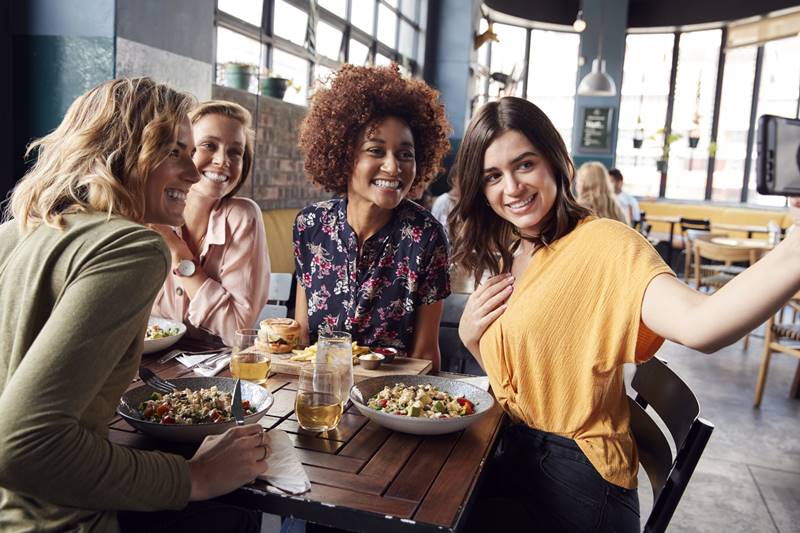Nearly Half of Americans Plan to Cut Back on Alcohol in 2025
Interest in an Alcohol-Free Lifestyle Grows in the United States
2025-01-31

The sober curious movement continues to gain traction in the United States, with a study by NCSolutions (NCS) revealing that 49% of Americans plan to reduce their alcohol consumption in 2025, a significant increase from 44% in 2023. This trend has been steadily rising over recent years, with the percentage of those intending to cut back climbing from 34% in 2023 to 41% in 2024.
One of the clearest indicators of this shift is the growing participation in Dry January, when many choose to abstain from alcohol for a month. In 2025, 30% of Americans took part in the initiative, marking a 36% increase from 2024.
These changing consumer habits are reflected in the market. NCS purchase data shows that January consistently records the lowest alcohol sales in the U.S. In 2024, liquor purchases dropped 39% compared to December, wine sales declined by 36%, and beer, cider, and hard seltzer sales fell by 21%.
At the same time, demand for non-alcoholic beverages is rising. In 2024, purchases of non-alcoholic beer grew by 22% compared to the previous year. Consumers are also showing increasing interest in THC- and CBD-infused beverages, with 26% of respondents in 2025 expressing a desire to try these options. Interest is highest among Generation Z (38%) and millennials (37%).
Generation Z Leads the Shift Away from Alcohol
The driving force behind this movement is Generation Z. A full 65% of its members say they plan to drink less in 2025, a higher percentage than millennials (57%), Generation X (49%), and baby boomers (30%).
Additionally, 39% of Gen Z respondents stated their intention to adopt an alcohol-free lifestyle year-round, a significant increase from 2024. By contrast, only 19% of millennials and Generation X, and just 10% of baby boomers, expressed the same commitment.
The Expanding Market for Non-Alcoholic Beverages
The growing interest in alcohol-free options has led to greater availability. In the past year, 37% of Americans reported noticing more non-alcoholic choices at restaurants, bars, and retail stores. This trend is even more pronounced among younger consumers, with 53% of Gen Z and 49% of millennials observing an increase in options.
Supermarkets remain the most common place to purchase non-alcoholic beverages (37%), followed by large retail chains (30%). Meanwhile, 20% of consumers buy them at restaurants.
Marketing Strategies to Attract Sober Curious Consumers
Social media plays a central role in promoting non-alcoholic beverages. Among younger consumers, 35% of Gen Z and millennials discover new alcohol-free options through these platforms, compared to 22% of Generation X and 18% of baby boomers.
Celebrity and influencer endorsements also impact purchasing decisions. More than a quarter (28%) of younger consumers have tried a non-alcoholic beverage promoted by a public figure.
When products are marketed as part of the sober curious lifestyle, 43% of Generation Z and 33% of millennials are more likely to buy them, compared to 16% of Generation X and 10% of baby boomers.
"The data from the past three years is clear: younger consumers are more motivated to drink less alcohol than their parents and grandparents," said Alan Miles, CEO of NCSolutions. "Beverage brands can capitalize on this trend by targeting the right audiences, using the appropriate channels, and partnering with influencers who promote this lifestyle."
The NCSolutions study is based on annual surveys conducted between 2023 and 2025 among U.S. consumers over the age of 21.
Founded in 2007, Vinetur® is a registered trademark of VGSC S.L. with a long history in the wine industry.
VGSC, S.L. with VAT number B70255591 is a spanish company legally registered in the Commercial Register of the city of Santiago de Compostela, with registration number: Bulletin 181, Reference 356049 in Volume 13, Page 107, Section 6, Sheet 45028, Entry 2.
Email: [email protected]
Headquarters and offices located in Vilagarcia de Arousa, Spain.